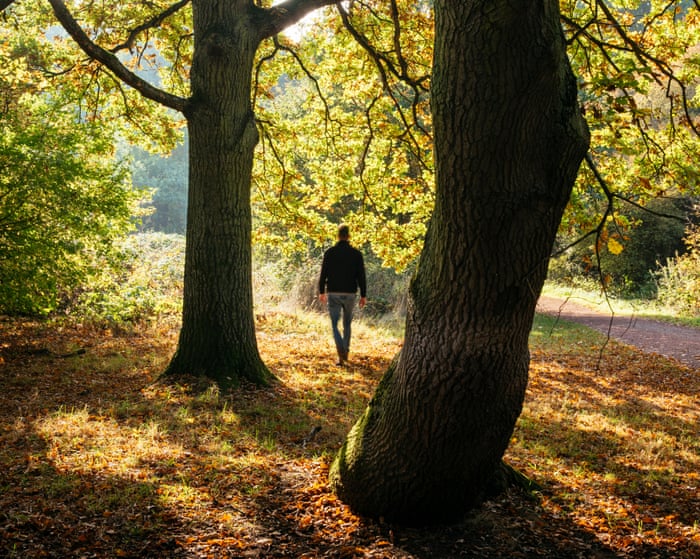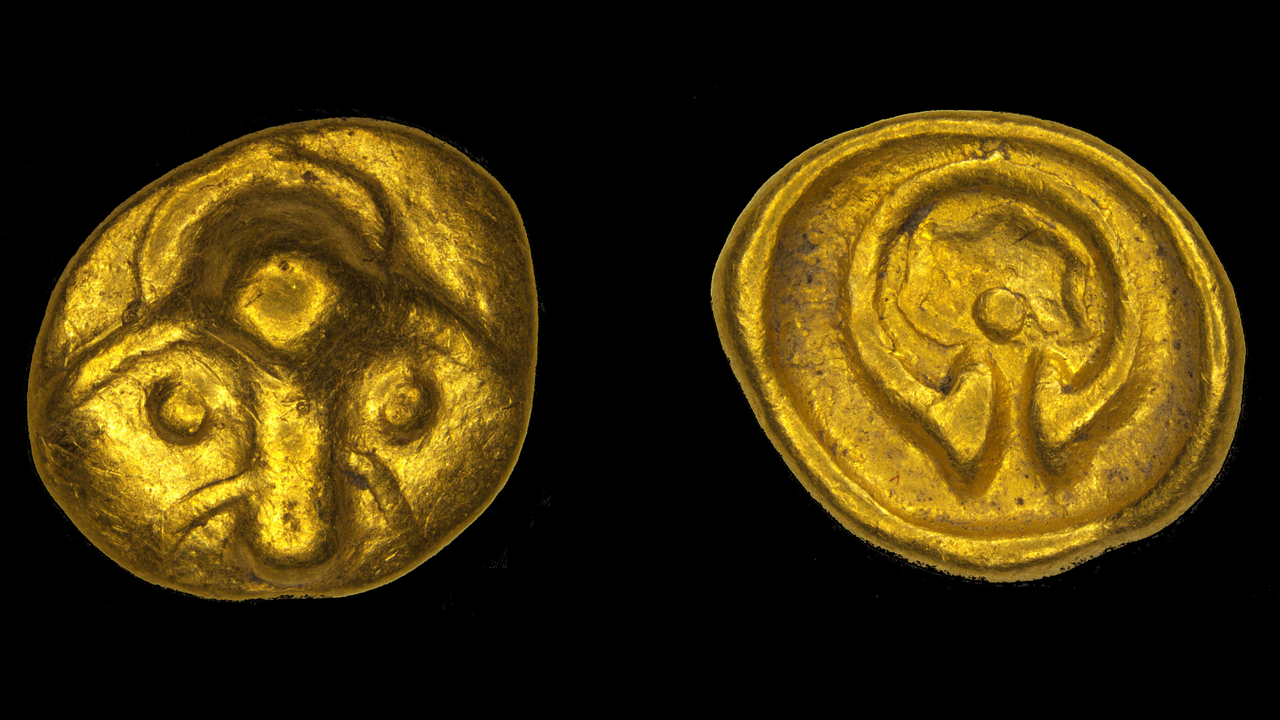Britain one of least ‘nature-connected’ nations in world – with Nepal the most
NegativeScience

A recent global study reveals that Britain ranks as one of the least 'nature-connected' nations, coming in at 55th out of 61 countries. This study, which surveyed 57,000 people, highlights how various social, economic, geographical, and cultural factors influence people's relationship with nature. The findings are concerning as they suggest a disconnect that could impact environmental awareness and conservation efforts in the UK.
— Curated by the World Pulse Now AI Editorial System







